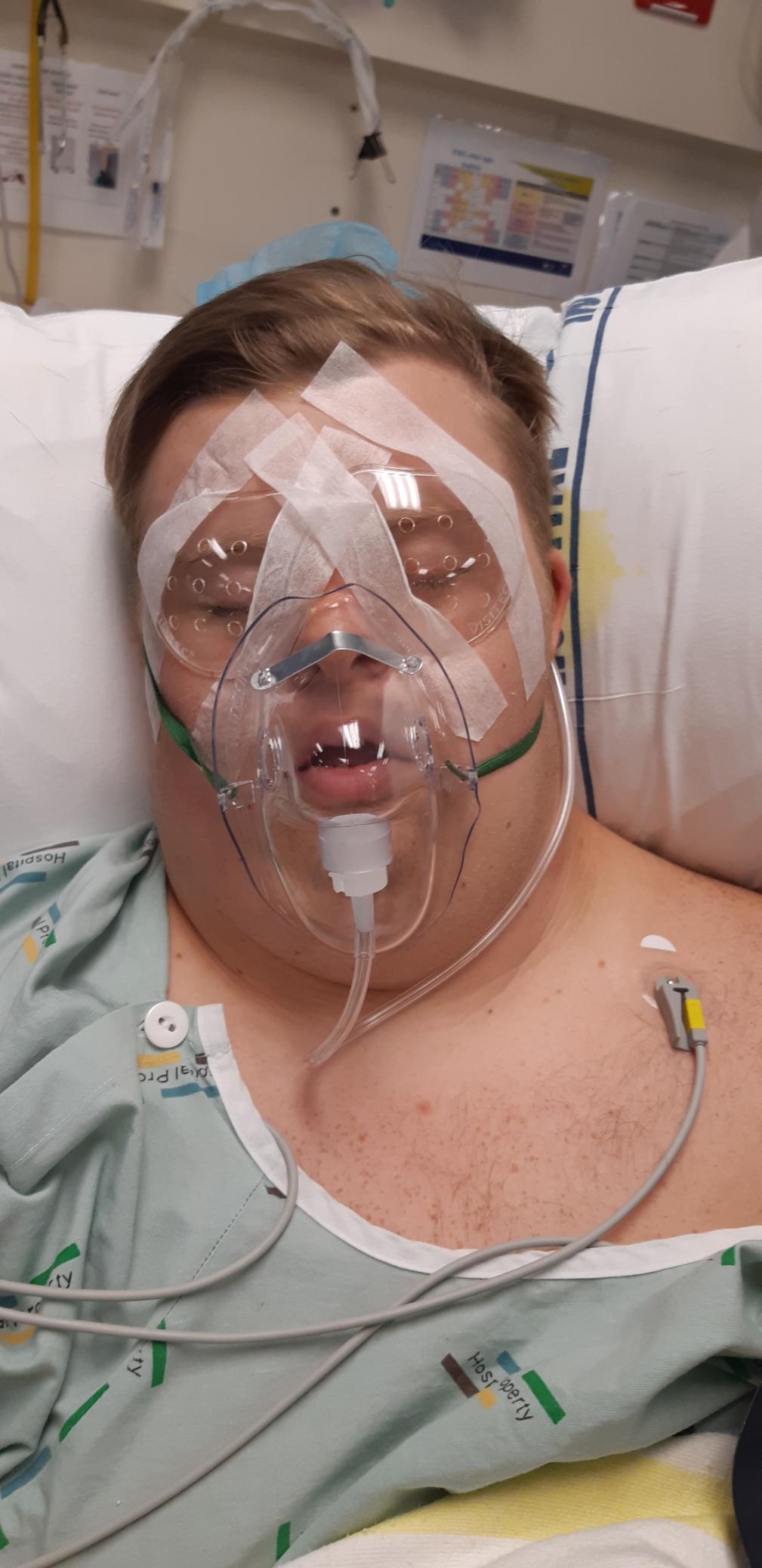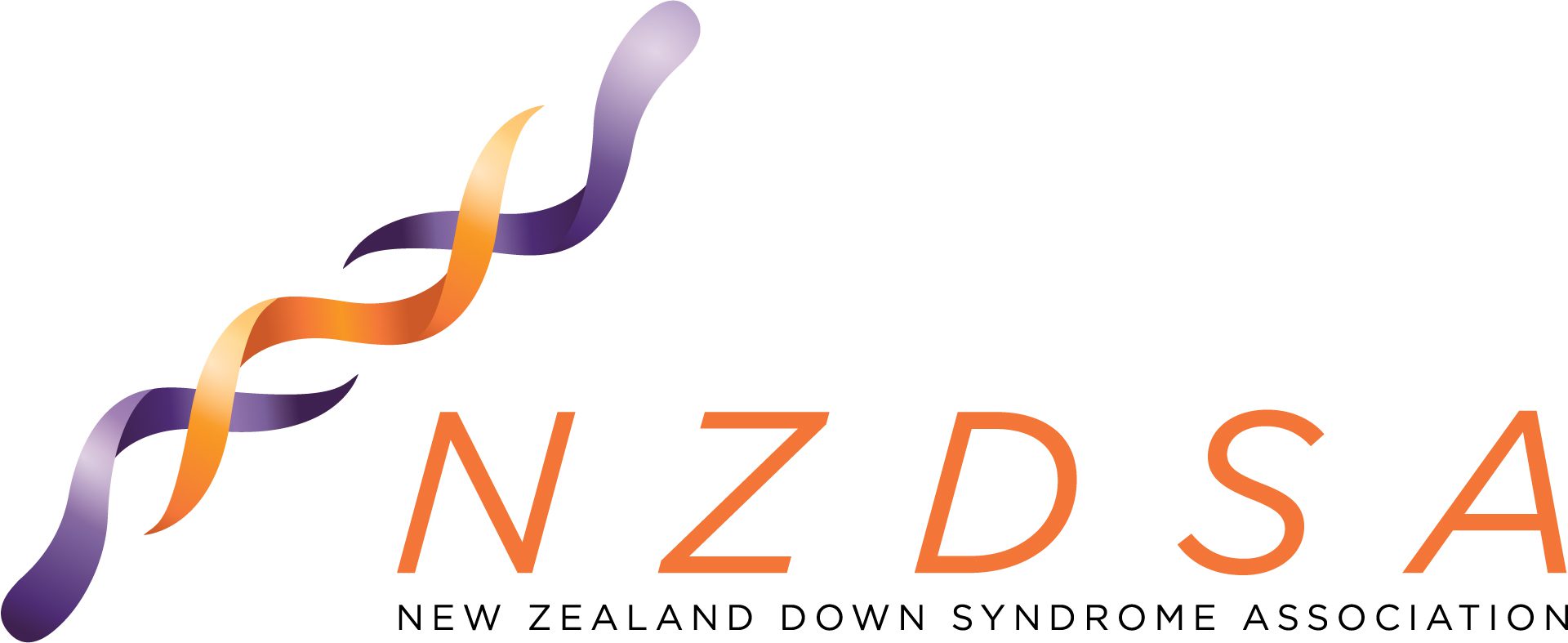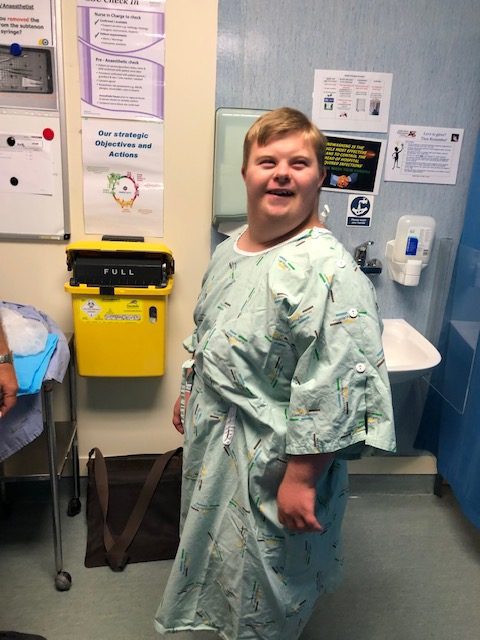Keratoconus screening programme saves our son’s eyesight
By Karen Nyenkamp
My husband and I own a company that supplies optical equipment to optometrists and hospital.
We have always supported the Special Olympics Healthy Eyes programme by donating the equipment they use during the National games.
At the last Special Olympics National games held in Wellington in November 2017, the University of Auckland did a special screening for people with Down Syndrome to test for Keratoconus. We supplied the machine they used for this screening process.
As you may have read in earlier editions of CHAT 21, the University of Auckland are doing a research paper to see if people with DS are more susceptible to getting it. Our son Max was screened for it then and he did not show any signs of it. However, they did determine that there was a remarkably higher instance of people with DS having it than the general population. They are continuing their research now to see just how prevalent it is in the DS community.
They set up another screening a year later in November 2018 at the Pullman Park Special Olympics Basketball ribbon day. Max was screened again at this event and unfortunately this time he did show signs of Keratoconus.
We immediately contacted Dr Rasha Altaie at the Milford Eye Clinic to discuss Max’s results and she scheduled Max to have a procedure called Crosslinking. It is basically soaking his corneas in Riboflavin for 30 minutes and then hitting them with a UV light for 20 minutes. This changes the cells in the cornea so that they settle down and don’t become cone shaped. As you can imagine this would be very difficult for Max to do without going under general anaesthesia.
We visited the Manuaku Super Clinic in January to have Max’s procedure done by Dr Altaie and so far it looks like it is working. He goes back every three months for checkups to make sure.
If it wasn’t for the screening process done, we might not have caught it at such an early stage as most optometrist do not have to equipment necessary to checking for Keratoconus and Max would have had a more invasive procedure done.
If left too late a total cornea replacement would be necessary or blindness occurs.


